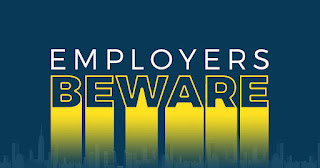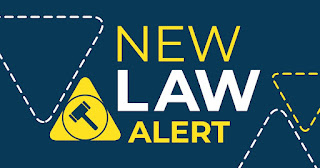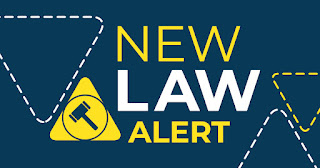On January 15, 2025, the U.S. Supreme Court ruled in E.M.D. Sales, Inc. v. Carrera that employers only need to prove that employees are exempt under the provisions of the Fair Labor Standards Act ("FLSA") by a "preponderance of the evidence" (more likely than not) to defeat a wage and hour claim. This decision replaces the tougher "clear and convincing" standard that had been applied by some courts prior to this decision.
The FLSA requires an employer to pay overtime to employees unless the employer can prove that the employees fall under an exemption, such as being an Executive, Administrative, Professional, Computer & Outside Sales Employees.
In the case before SCOTUS, the employees claimed that they were misclassified as outside salesmen and sued their employer for overtime pay, liquidated damages (double damages), and attorneys' fees.
The lower court sided with the employees, in using the tougher "clear and convincing" standard, but the employer appealed while arguing that it only had to prove that the exemption applied by a preponderance of the evidence. SCOTUS agreed with the employer and sent the case back to the lower court to reexamine the facts to determine the applicability of the exemption under the preponderance of the evidence standard.
Regardless, the message is clear: Employers now have a lower hurdle when defending a wage and hour case in proving that an exemption applies to a wage and hour claim under the FLSA.









